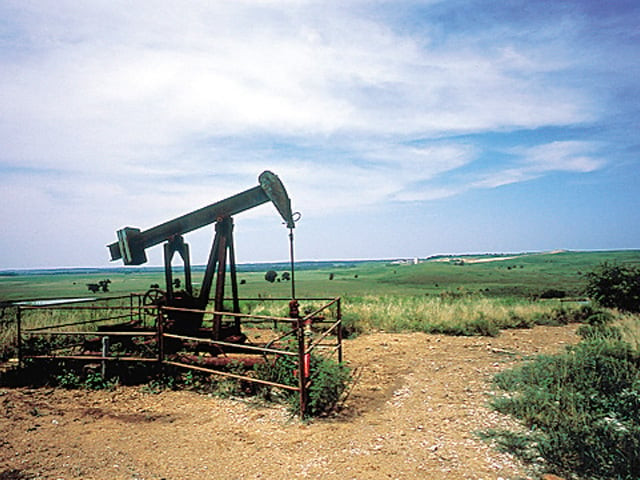Preventing economic meltdown
It seems everybody is helpless in the face of economic populism despite bad results from past manhandling.

The last oil price rise was forced back by the opposition — which suddenly looked like having a majority in parliament — at the rate of billions of rupees a month. In the West they don’t do this kind of populist economics. France and the UK saw politicians across the board stand behind subsidy cuts in the face of unrest on the streets. In Iran, a government that earns huge amounts of foreign exchange from its oil exports removed the subsidy from local oil consumption to avoid the fall of the local currency to an extent that it destroys the buying power of the poor. Basic economics will tell us that a subsidy extends government expenditures. Pakistan’s are such that if unchecked they could lead to a budget deficit of over eight per cent of the GDP, which would in turn lead to high inflation because the deficit would have to be met by borrowing from the State Bank — in other words, the printing of more money.
It seems everybody is helpless in the face of economic populism despite bad results from past manhandling of the market. Let us have a look: Our judiciary resorted to it, flying in the face of supply and demand, and the sugar crisis did not become any less severe by its interventions. The military establishment wrongly rejected the Kerry-Lugar bill. More economics was defied by the Punjab government when it opted for ‘sasti roti’.
TV channels with ‘petrol bomb’ issuing out of the mouths of tyro newsreaders are most to blame, reinforcing the public trend of marching into the streets and destroying public property because the government refused to curb its own corruption. But the news side of the media refuses, by and large, to inform itself about what the business side is saying. No one seems to pay any attention to the pleas of the State Bank governor when he says that Pakistan must enforce the RGST as well as stop subsidising oil or when the finance minister says that a demand for turning the economy around in 45 days does not make any sense.
The Senate heard the government say on January 28 it was “on the borderline”, meaning it was moving ominously close to a financial and economic meltdown. It had provided a subsidy of over Rs412 billion to Wapda and Pepco over the past five years, almost Rs100 a year on average, the largest chunk being Rs146.5 billion in 2009-10. “Money to throw” was also taken from the pool of domestic ‘saving centre’ borrowing amounting to Rs1.527 trillion during the PPP’s tenure so far. During the last quarter, it had also borrowed Rs80 billion from the State Bank and Rs204 billion from commercial banks and had a tough time paying it back given the fact that it was not able to collect its normal revenues from indirect taxation.
There are vested interests in the country that legitimately put forward the Keynesian solution of building up deficits for the sake of growth. The industrial sector says lower the interest rate and allow the sector to function normally which would mean preventing unemployment and lessening the pressure of popular unrest in the country. Our new governor of the State Bank and the IMF both think that this won’t work and that contraction and ‘belt-tightening’ is the only way to go. And no one will deny that this belt-tightening will affect the poor of the country only. Yet, subsidising things would mean making things easy for those already well-off and it would lead to a substantial weakening of the rupee.
Published in The Express Tribune, January 31st, 2011.


















COMMENTS
Comments are moderated and generally will be posted if they are on-topic and not abusive.
For more information, please see our Comments FAQ